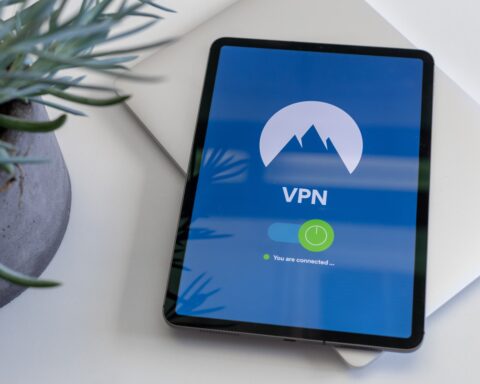Cybersecurity experts are in demand and companies are willing to pay top dollar for talented staff. One of the best ways of getting your foot into the door is by securing yourself a cybersecurity internship.
In this article, we will share 5 tips with you that can help you secure a cybersecurity internship in 2020.
Get Experience and Certifications
Although an internship presents a great opportunity for you to learn, top cybersecurity companies will lean more towards employees who have some basic level experience. As such, you need to know the basics and have some level of experience. This way, you walk into your internship ready to contribute. In addition, it is important that you pursue advanced certifications as a bare minimum.
One of the certifications that you can pursue is CISSP (Certified Information Systems Security Professional). If you can get more certifications, the better. Additional certifications will make you more desirable to any potential employer.
Network with Cybersecurity Professionals

Even with an educational background in cybersecurity, you still won’t know it all. As such, an internship in cybersecurity provides you with an opportunity to learn the ins and outs of the field. You need to be eager and ready to learn. One simple way of learning is by networking. Reach out to a few cybersecurity professionals who can share with you their experience in the field and what to expect.
This way, you will be able to gain valuable insights into the real world of cybersecurity. Besides the mentoring opportunities, you will get from these people, they can also be your referee when the time comes for you to get an internship.
Stay Up-to-Date on All Things Security
Make sure you stay up-to-date with the latest trends and developments in cybersecurity. Being proactive and taking it upon yourself to know what’s happening in the industry and providing an educated opinion on diverse issues in your field will help set you apart from other interns. Moreover, it will help you to gain a better understanding of your assignments and tasks as well as impress your manager. Take every security incident as an opportunity to ask the right questions and learn. This will serve you well in the long term.
Besides news, you can also follow cybersecurity podcasts that can help you understand the challenges and changes the cybersecurity industry is facing. You can easily set up Google alerts for different topics such as ‘cybersecurity’ or ‘data breaches’. You can also listen to cybersecurity podcasts on your commute to and from work. In addition, you can follow discussions on social networks such as Twitter, Reddit or LinkedIn.
Gain Experience Through Volunteer Work
There will never be a substitute for experience regardless of your level of education and certification. In scenarios where two potential candidates have the same certifications, the one with experience will in most cases always get the job. As such, even as you go through your studies, try to find opportunities to volunteer. Volunteering provides you with an opportunity to gain experience, which comes in handy when applying for internships. When it comes to volunteering, you can find a professor in your college or any other local college who specializes in IT security and offer your assistance.
Also, consider doing the same for companies. The easiest way is to volunteer for start-ups who may not be able to pay you but can offer immense learning opportunities. Besides, if you do a great job, they might just offer you an internship or even a job. And even if they don’t, you can add that volunteering experience to your resume as you continue searching for an internship.
Setup a Security Lab
If you can, it is advisable that you set up a security lab. This way, you can be able to gain some hands-on experience. Setting up your own security lab will provide you with a safe environment where you can mess around without worrying about the potential damage that you can cause.
Remember, no employer will want you testing hacking tools on their own network. This can easily get you fired in the event you screw something up. You can use some old computers, cheap wireless routers, and incorporate free open-source security tools. With this, you can learn how to test and secure networks. Moreover, there are tons of free open-source tools online that you can use to experiment within the safety of your own test network.
If you are keen on a cybersecurity job, you can read more on the ten entry-level security jobs to look out for. If you want some motivation to kickstart your career in cybersecurity, you can read our article on the top five cybersecurity jobs that pay well.







